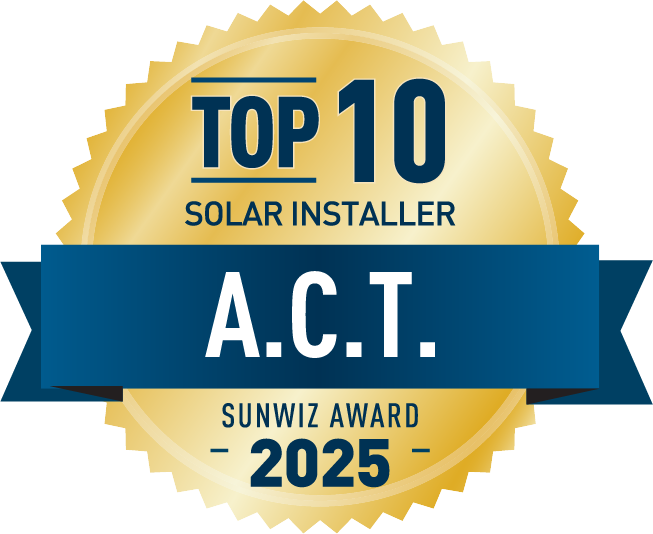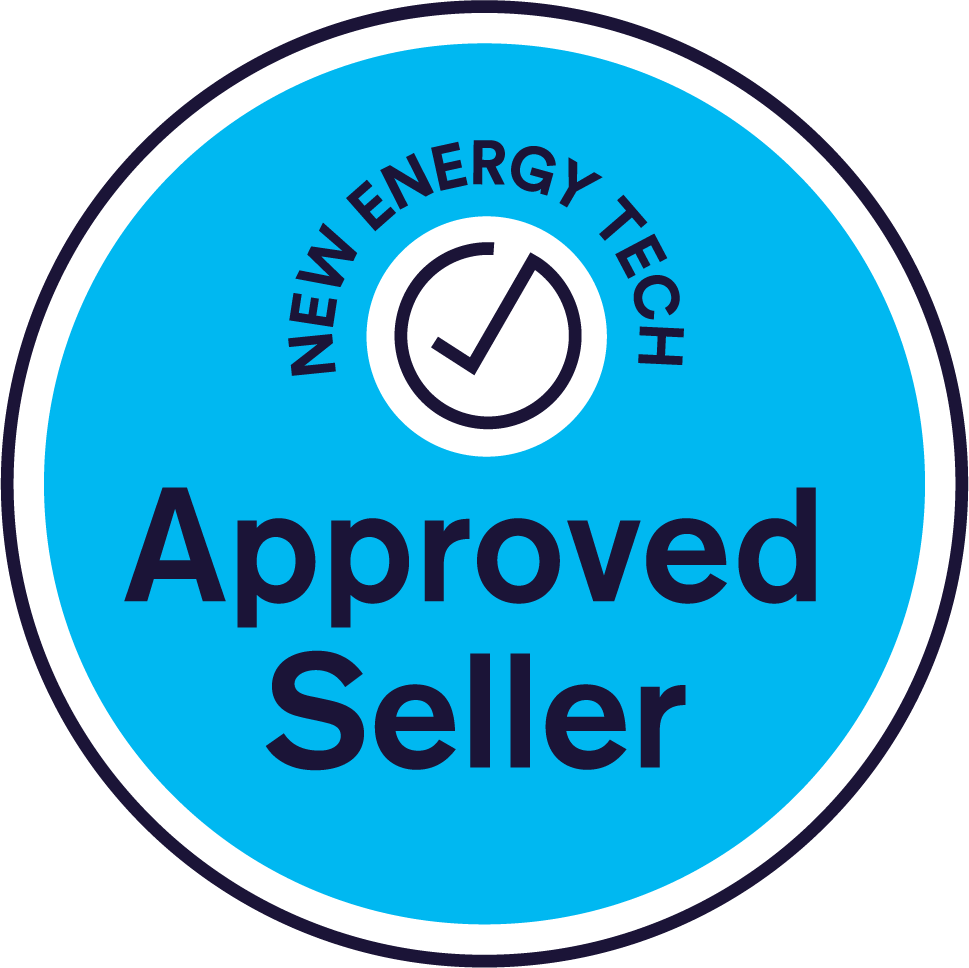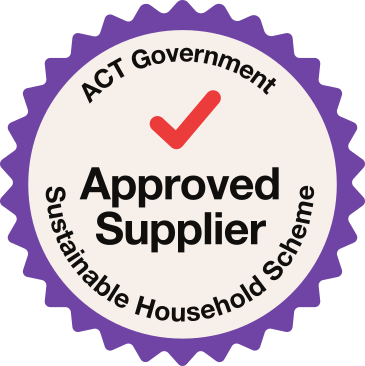Here is an independent risen solar panels review and analysis by Ausgreen Solar Solutions. Risen Solar Technology, a prominent player in the solar industry, is known for its high-performance and cost-effective solar panels. This comprehensive review delves into various aspects of Risen Solar Panels, from their technological innovations and efficiency ratings to customer reviews and environmental impact. The goal is to provide a thorough understanding of why Risen Solar Panels are a popular choice among homeowners and businesses alike.
Table of Contents
- Introduction to Risen Solar Technology
- Company Background
- Founding and Growth
- Mission and Vision
- Technological Innovations
- PERC Technology
- Half-Cut Cell Technology
- Bifacial Technology
- Types of Risen Solar Panels
- Monocrystalline Panels
- Polycrystalline Panels
- Bifacial Panels
- Efficiency Ratings
- Standard Efficiency
- High-Efficiency Models
- Performance in Various Climates
- Hot and Humid Climates
- Cold and Snowy Climates
- Desert Climates
- Durability and Longevity
- Material Quality
- Testing Standards
- Installation Process
- Residential Installation
- Commercial Installation
- Ground Mounts vs. Rooftop Installations
- Cost and Pricing
- Cost per Watt
- Total System Costs
- Financing Options
- Warranties and Guarantees
- Product Warranty
- Performance Warranty
- Environmental Impact
- Carbon Footprint
- Recycling Programs
- Comparison with Other Brands
- Risen vs. Longi
- Risen vs. SunPower
- Risen vs. LG
- Customer Reviews and Testimonials
- Residential Customers
- Commercial Customers
- Availability and Distribution
- Global Presence
- Local Distributors
- Government Incentives and Rebates
- Federal Incentives
- State and Local Incentives
- International Incentives
- Maintenance and Care
- Cleaning Tips
- Regular Inspections
- Potential Drawbacks
- Initial Investment
- Availability Issues
- Case Studies
- Residential Installations
- Commercial Projects
- Future Prospects
- Research and Development
- Market Expansion
- Frequently Asked Questions
1. Introduction to Risen Solar Technology
Risen Solar Technology, a globally recognized manufacturer of solar panels, is celebrated for its commitment to innovation, quality, and sustainability. This section provides an overview of the company's dedication to advancing solar technology and making clean energy accessible worldwide.
2. Company Background
Founding and Growth
Risen Solar Technology was founded in 1986 and has since grown into one of the leading solar panel manufacturers globally. The company has consistently expanded its production capacity and technological capabilities to meet the growing demand for solar energy.
Mission and Vision
Risen Solar's mission is to provide high-quality, cost-effective solar solutions to accelerate the world's transition to renewable energy. Their vision includes ongoing innovation, sustainability, and customer satisfaction.
3. Technological Innovations
PERC Technology
Risen Solar employs Passivated Emitter Rear Cell (PERC) technology to enhance the efficiency of their solar panels. This technology involves adding a passivation layer to the rear of the solar cell, increasing light absorption and energy conversion efficiency.
Half-Cut Cell Technology
Half-cut cell technology involves cutting solar cells in half, which reduces resistive losses and increases overall efficiency. This innovation also improves the panel's durability and performance under shaded conditions.
Bifacial Technology
Risen's bifacial panels can capture sunlight from both the front and rear sides, significantly boosting energy yield. This technology is particularly effective in installations where light is reflected off surfaces like the ground or nearby structures.
4. Types of Risen Solar Panels
Monocrystalline Panels
Risen's monocrystalline panels are known for their high efficiency and sleek appearance. They are ideal for installations where space is limited but high energy output is required.
Polycrystalline Panels
Polycrystalline panels from Risen are a cost-effective option, offering solid performance and reliability. These panels are a popular choice for large-scale installations where space is not a primary concern.
Bifacial Panels
Risen's bifacial panels are designed to maximize energy production by capturing light from both sides. These panels are suitable for installations in reflective environments, such as sandy or snowy areas.
5. Efficiency Ratings
Standard Efficiency
Risen's standard efficiency panels typically range from 15% to 18%, making them a reliable choice for various applications.
High-Efficiency Models
High-efficiency models from Risen can achieve efficiency ratings above 20%, thanks to advanced technologies like PERC and half-cut cells. These panels are ideal for maximizing energy production in limited spaces.
6. Performance in Various Climates
Hot and Humid Climates
Risen Solar panels are designed to perform well in hot and humid climates, with technologies that minimize temperature-related performance losses.
Cold and Snowy Climates
In cold and snowy climates, Risen panels maintain high efficiency and durability, with robust designs that can withstand heavy snow loads and low temperatures.
Desert Climates
Risen panels are also well-suited for desert climates, with high heat tolerance and dust-resistant surfaces that ensure consistent performance.
7. Durability and Longevity
Material Quality
Risen uses high-quality materials in their solar panels, including tempered glass and durable frames, to ensure long-lasting performance.
Testing Standards
Risen panels undergo rigorous testing to meet international standards for durability and reliability, including resistance to wind, snow, and hail.
8. Installation Process
Residential Installation
Risen Solar panels are suitable for residential installations, with options for rooftop or ground-mounted systems. Professional installers can ensure a seamless setup.
Commercial Installation
For commercial installations, Risen offers scalable solutions that cater to large energy needs. Their panels can be installed on commercial rooftops, parking structures, and open fields.
Ground Mounts vs. Rooftop Installations
Both ground mounts and rooftop installations have their advantages. Ground mounts offer flexibility in panel orientation and tilt, while rooftop installations maximize space usage without occupying additional land.
9. Cost and Pricing
Cost per Watt
Risen Solar panels are competitively priced, with cost per watt typically lower than many premium brands, making them an attractive option for budget-conscious buyers.
Total System Costs
The total cost of a Risen solar system depends on various factors, including the size of the installation, labor costs, and additional equipment like inverters and mounting systems.
Financing Options
Various financing options are available for Risen solar installations, including loans, leases, and power purchase agreements (PPAs), which can help spread the cost over time.
10. Warranties and Guarantees
Product Warranty
Risen Solar offers a standard 10-12 year product warranty, covering manufacturing defects and material issues.
Performance Warranty
Their performance warranty guarantees that the panels will maintain a certain level of efficiency, typically around 80% of the original output, for 25 years.
11. Environmental Impact
Carbon Footprint
Risen Solar panels contribute to reducing the carbon footprint by generating clean energy, which offsets the emissions produced by fossil fuels.
Recycling Programs
Risen is committed to sustainability and participates in recycling programs to ensure that solar panels are disposed of responsibly at the end of their lifespan.
12. Comparison with Other Brands
Risen vs. Jinko
While both brands offer high-efficiency panels, Risen often has a price advantage, making it a more cost-effective option for many consumers.
Risen vs. SunPower
SunPower panels are known for their exceptionally high efficiency, but they come at a premium price. Risen offers a balance of good efficiency and affordability.
Risen vs. LG
LG panels are also high-quality and efficient, but Risen provides a competitive edge with lower costs and similar performance.
13. Customer Reviews and Testimonials
Residential Customers
Many residential customers praise Risen Solar panels for their reliable performance, ease of installation, and noticeable reduction in electricity bills.
Commercial Customers
Commercial customers appreciate the scalability of Risen panels, along with their durability and efficiency in large installations, contributing to significant energy savings.
14. Availability and Distribution
Global Presence
Risen Solar has a strong global presence, with manufacturing facilities and distribution networks spanning multiple continents.
Local Distributors
Risen partners with local distributors and installers to ensure that their panels are readily available and supported in various regions.
15. Government Incentives and Rebates
Federal Incentives
In many countries, federal incentives are available for installing solar panels, including tax credits and grants, which can significantly reduce the upfront cost.
State and Local Incentives
State and local governments often offer additional incentives, such as rebates, property tax exemptions, and net metering programs.
International Incentives
Risen Solar panels qualify for various international incentives, making them a viable option for customers worldwide looking to benefit from renewable energy subsidies.
16. Maintenance and Care
Cleaning Tips
Regular cleaning of solar panels is essential to maintain optimal performance. It is recommended to use water and a soft brush or cloth to remove dust and debris.
Regular Inspections
Periodic inspections by a professional can help identify and address any potential issues with the solar system, ensuring long-term reliability and efficiency.
17. Potential Drawbacks
Initial Investment
The initial cost of purchasing and installing solar panels can be high, although long-term savings and incentives often offset this expense.
Availability Issues
In some regions, availability of Risen Solar panels may be limited, potentially leading to longer wait times for installation.
18. Case Studies
Residential Installations
Case studies of residential installations showcase the significant energy savings and return on investment achieved with Risen Solar panels.
Commercial Projects
Commercial projects demonstrate the scalability and effectiveness of Risen panels in meeting large energy demands and reducing operational costs.
19. Future Prospects
Research and Development
Risen Solar continues to invest in research and development to advance solar technology, aiming to increase efficiency and reduce costs further.
Market Expansion
The company is actively expanding its market presence, with plans to enter new regions and increase its global market share.
20. Frequently Asked Questions
Q1: What is PERC technology?
A1: PERC (Passivated Emitter Rear Cell) technology involves adding a passivation layer to the rear of the solar cell, which increases light absorption and energy conversion efficiency.
Q2: Are Risen Solar panels suitable for residential use?
A2: Yes, Risen Solar panels are an excellent choice for residential use due to their high efficiency, durability, and competitive pricing.
Q3: How do bifacial panels work?
A3: Bifacial panels can absorb light from both the front and rear sides, significantly boosting energy yield, especially in reflective environments.
Q4: What kind of warranty does Risen Solar offer?
A4: Risen Solar typically offers a 10-12 year product warranty and a 25-year performance warranty, reflecting their confidence in the longevity and reliability of their panels.
Q5: How do Risen Solar panels compare to other brands?
A5: Risen Solar panels are known for their high efficiency and competitive pricing. They compare favorably with other leading brands like Longi, SunPower, and LG in terms of performance and value.
Q6: What maintenance is required for Risen Solar panels?
A6: Risen Solar panels require minimal maintenance. Regular cleaning to remove dust and debris and periodic inspections to ensure everything is functioning correctly are typically sufficient.
Q7: Are there government incentives for installing Risen Solar panels?
A7: Yes, many regions offer incentives and rebates for installing solar panels, which can significantly reduce the overall cost of a solar energy system. Risen Solar panels often qualify for these programs.
Q8: Can Risen Solar panels withstand extreme weather conditions?
A8: Yes, Risen Solar panels are designed to endure harsh environmental conditions, including high winds, heavy snow loads, and extreme temperatures. They are built with robust frames and subjected to rigorous testing.
Q9: How does PERC technology benefit solar panel performance?
A9: PERC technology improves solar panel performance by increasing the amount of light captured and converted into electricity. This results in higher efficiency and better performance in low-light conditions.
Q10: What is the expected lifespan of Risen Solar panels?
A10: Risen Solar panels are designed to last for 25 years or more, with many panels continuing to function efficiently well beyond their warranty period.
In conclusion, Risen Solar panels offer a compelling combination of high efficiency, advanced technology, and competitive pricing. Their durability, ease of installation, and strong warranties make them a reliable choice for both residential and commercial solar energy systems. With a commitment to innovation and sustainability, Risen Solar is well-positioned to remain a key player in the renewable energy industry for years to come.



